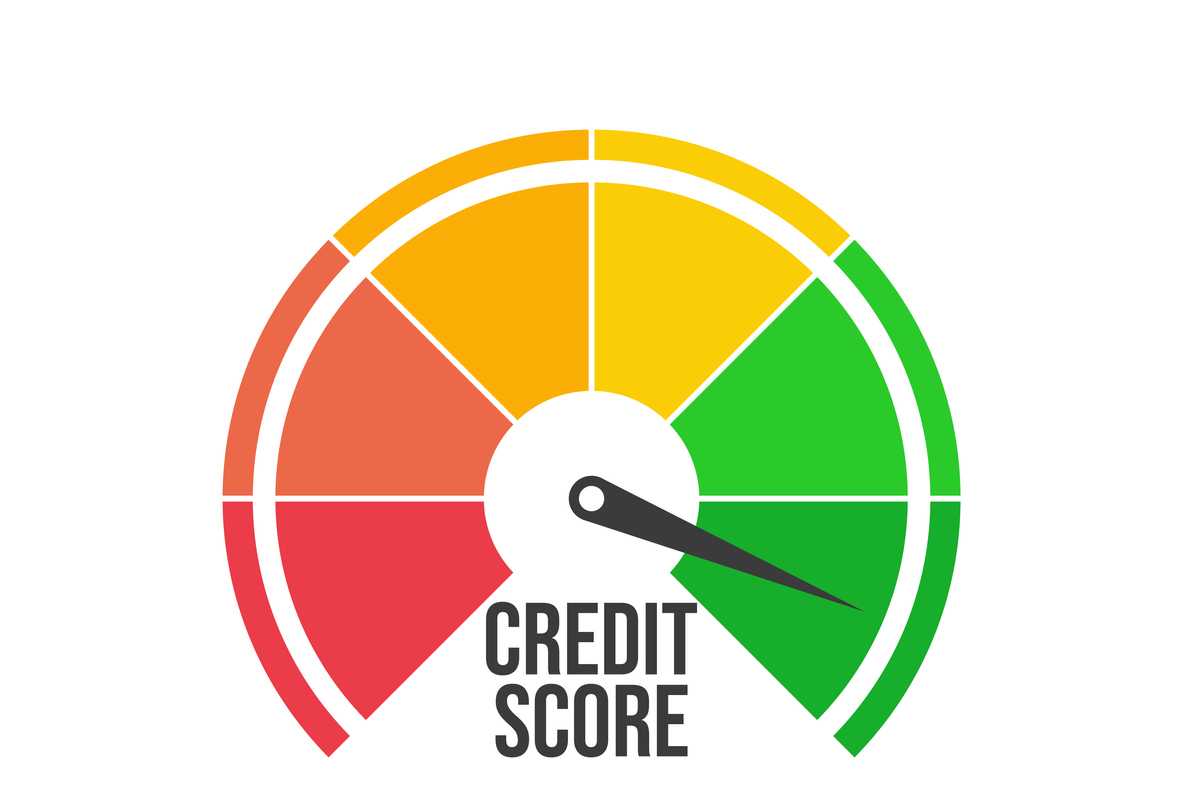When looking for advice on issues that can affect your credit history, there is always the risk of encountering incorrect beliefs. While some of these guidelines may be well-intentioned and may even seem logical, they can often lead to actions that do nothing to improve your credit history and can sometimes even make things worse.
If you’ve never checked your credit score or looked at the information in your credit report, you may not know what the credit bureaus or lenders consider when calculating your credit score. Below we have compiled some frequently asked questions about credit scores and credit reports.
What is my overall credit score?
There is no universal or common credit score. Equifax calculates your credit score based on the information in your credit report. This includes the following information:
- Address details (eg electoral roll details for your current address and previous addresses where you live).
- Your credit history looks at how you’ve handled your credit arrangements in the past, whether you paid on time or not. It also looks at your active credit agreements, such as loans, credit cards, mobile phone contracts, mortgages and utilities, and takes into account the amount of credit you have available, known as your utilization rate of the credit.
- Public records, such as court orders, bankruptcy or insolvency.
- Financial partnership – If you have a financial partner, such as someone with a joint mortgage, lenders may take your financial behavior into account when applying for a new loan.
The credit score you get from the CRA uses the information above and tells you how lenders will treat you when you apply for a loan. Equifax credit reports have a traffic light system that allows you to see at a glance which areas are good or which may negatively affect your ability to get credit in the future. When you apply for a loan, most lenders will use all or some of this information from the CRA to calculate your score, including any additional information you provide on the application form that is not included in your credit report (such as would be the period of employment). Whether you work full-time or part-time for your current employer and how much you earn. Based on all this information, the lender will decide whether to approve your application.
Does checking your credit score affect your credit rating?
Credit score checks like the Credit Score don’t change the score itself, no matter how often you check it. Knowing your credit report and the information in it can help you make sure all of your information is accurate and understand factors that can help improve your score. Your credit report may show inquiries from other organizations, such as credit checks when you apply for a loan or security checks that may appear when you apply for a new job with some companies. Finding the score is another.
Is my partner affecting my credit score?
Living with or being in a relationship with another person will not affect your credit score and will not appear on your credit report unless you have a financial relationship with that person. When applying for a joint credit agreement, any financial associations such as a joint mortgage, joint overdraft, joint loan or joint loan will come into play and may affect your loan application if the lender uses your partner’s details. financial to calculate your score. If you have a financial partner on your Equifax credit report and you believe they are out of date, it is important to make sure all accounts in your joint names are closed or settled.
Does a credit score determine if I get credit?
The credit score lenders use is different than your Equifax credit score. The lender may use your credit report and other information from the application to make a decision. A high credit score doesn’t always mean you’ll be successful when applying for a loan, credit card or mortgage, but it does give you an idea of how lenders view your application.











